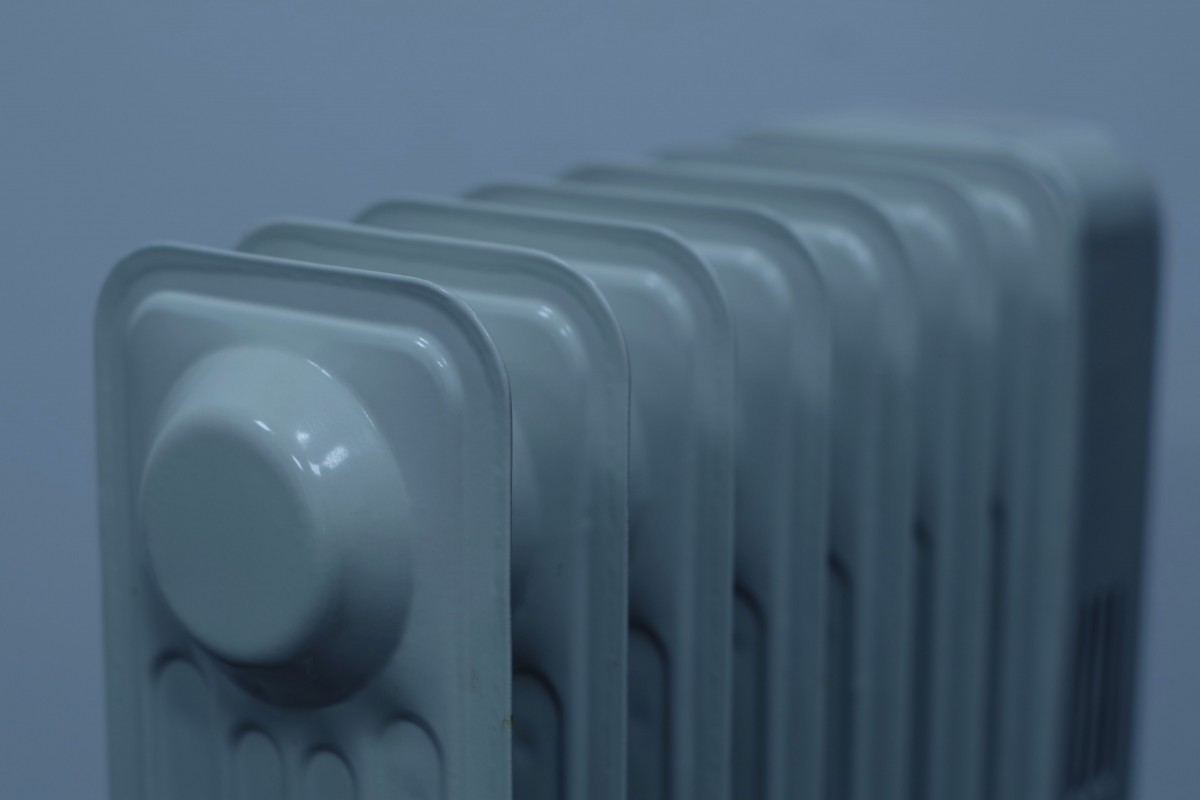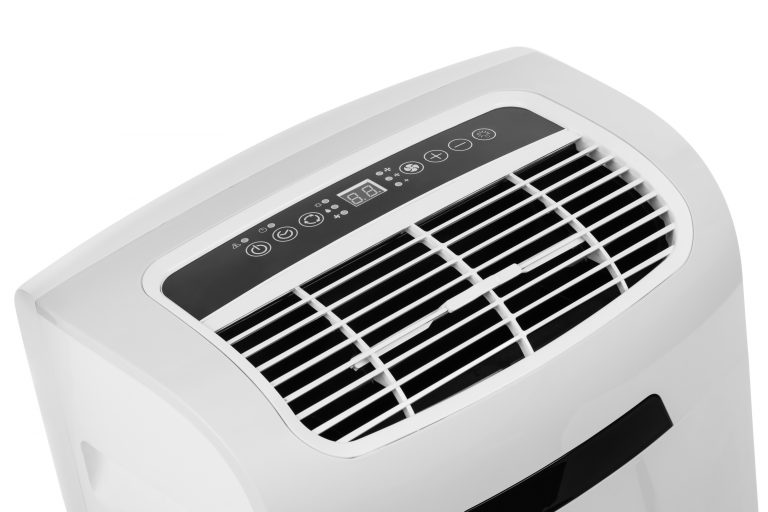How Sediment Buildup Shortens Your Water Heater’s Life
You use your water heater every single day. It delivers hot showers, clean dishes, and fresh laundry. However, over time, minerals and debris naturally settle at the bottom of the tank.
This process, known as sediment buildup, might not seem like a big deal at first, but it can dramatically shorten your cylinder’s lifespan. Understanding how sediment affects your water heater will help you protect your system and avoid unexpected breakdowns.
What Is Sediment Buildup?
Let’s start at the beginning. Most homes in the US have hard water. That means the water supply contains minerals like calcium and magnesium. As water heats up, those minerals separate and sink to the bottom of your water heater’s tank and coat the heating elements. Over time, they harden into a thick layer of sediment that interferes with your system’s performance and reduces its capacity.
How Sediment Damages Your Water Heater
Sediment buildup causes several different problems:
- Reduced Efficiency – With a layer of sediment at the bottom, your water heater has to work harder to heat the water. That means more energy use and higher utility bills.
- Overheating the Tank – The heating element has to burn hotter to push heat through the sediment. That can damage the heating element or even warp the tank itself.
- Less Hot Water – Sediment takes up space in the tank, leaving less room for actual hot water. If you’ve noticed shorter showers or lukewarm water, sediment may be the culprit.
- Strange Noises – Popping, rumbling, pinging, or banging sounds coming from your water heater are usually signs that sediment has built up to dangerous levels.
- Premature Failure – All these issues combined lead to one result: your water heater wears out much faster than it should.
How to Prevent Sediment Buildup
The good news is that sediment buildup isn’t inevitable. You can take steps to slow it down and keep your system in good condition. Here’s how:
- Flush the Tank Every Year – Draining your water heater once a year helps remove accumulated sediment before it hardens.
- Install a Water Softener – If your home has very hard water, a softener can reduce the amount of minerals entering the system (but softeners come with their own concerns).
- Schedule Annual Service – Having a professional inspect and service your water heater every year can prevent minor problems from turning into major ones.
When to Call for Repairs
If you’re already dealing with lukewarm water, less hot water overall, noisy operation, or rising energy bills, it’s time to have your water heater checked. Depending on the severity of the sediment buildup, you may have a few choices: a system flush, replacing failed parts, or installing a new water heater.
Protect Your Water Heater with Professional Service
Sediment buildup might start small, but it can take years off your water heater’s life if left unchecked. Instead of waiting until you’re stuck without hot water, let the experts at Elite Heating and AC Repair help. We’ll inspect your system and flush out harmful buildup to help keep your water heater running efficiently for years to come.
Contact us today to schedule your water heater service and enjoy peace of mind knowing your home is in good hands.
SCHEDULE YOUR FREE ESTIMATE
We Provide Expert Air Conditioning Services in Las Vegas, NV










